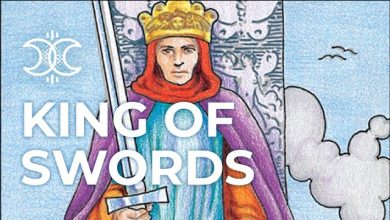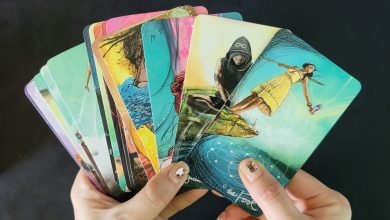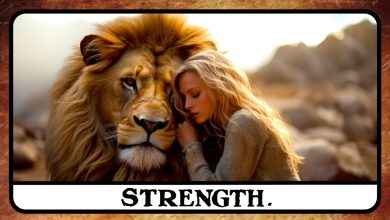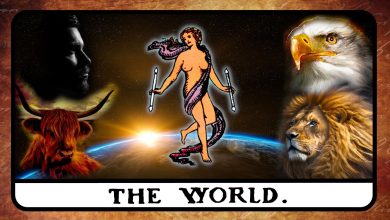Western Astrology and Indian Astrology: Similarities and Differences – AstroTalk Blog
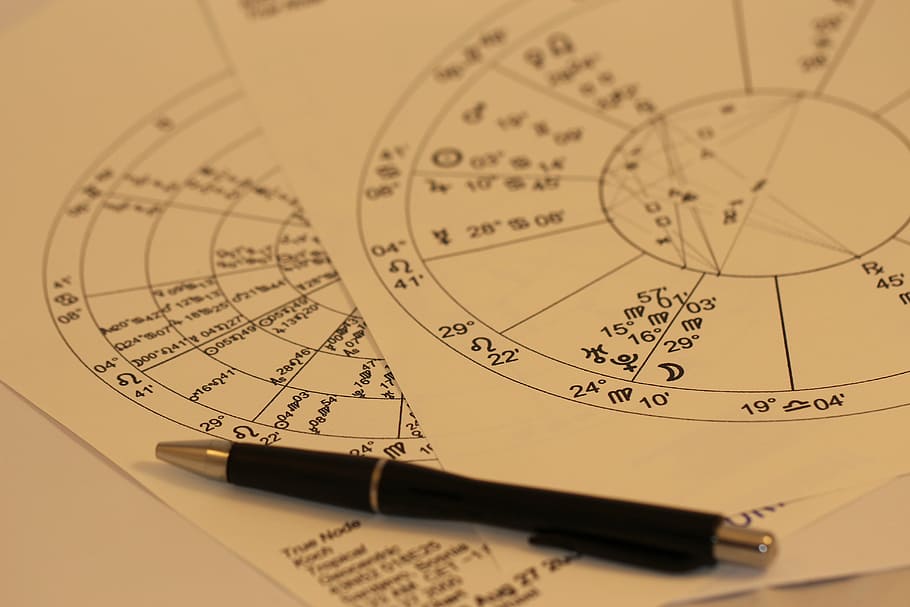
Astrology, a study and practice that dates back thousands of years, has developed various systems and traditions around the world. Western astrology and Indian astrology are two of the most prominent astrological traditions, each with its own unique approach and cultural significance. While both systems share some similarities, they also differ in several key aspects. This article aims to explore the similarities and differences between Western astrology and Indian astrology.
Similarities:
- Zodiac Signs: Both Western and Indian astrology utilize the concept of zodiac signs. Western astrology divides the year into twelve signs, starting with Aries and ending with Pisces. Indian astrology, on the other hand, divides the zodiac into twelve signs, known as Rashis, starting with Aries (Mesha) and ending with Pisces (Meena). Though the names of the signs differ, the underlying idea of dividing the zodiac into twelve parts is shared.
- Birth Charts: Western and Indian astrology both place significant emphasis on an individual’s birth chart, also known as a natal chart or horoscope. A birth chart is a snapshot of the celestial positions at the time of an individual’s birth. It provides valuable insights into an individual’s personality traits, strengths, weaknesses, and potential life events. Both systems consider the position of planets, the Sun, the Moon, and other celestial bodies at the time of birth to interpret an individual’s chart.
Also Read Can I get her back in my life tarot
Differences:
- Zodiac Division: One of the fundamental differences between Western and Indian astrology lies in the division of the zodiac. Western astrology follows the tropical zodiac, which is based on the Earth’s relationship to the Sun and the changing of seasons. Indian astrology, on the other hand, follows the sidereal zodiac, which is based on the fixed positions of stars. Due to the precession of the Earth’s axis, the positions of the signs in the Western and Indian zodiacs gradually drift apart over time.
- Calculation Methods: Western astrology primarily employs mathematical calculations to determine an individual’s birth chart. The positions of celestial bodies at the time of birth are measured against the tropical zodiac. Indian astrology, however, utilizes complex calculations based on the sidereal zodiac, including the precise positions of the Moon and the lunar nodes (Rahu and Ketu). The Indian system also takes into account specific planetary periods, known as dashas, to provide more detailed predictions.
- Interpretation and Focus: Western astrology often emphasizes psychological analysis and character traits. It focuses on the conscious mind and personal development. Indian astrology, on the other hand, places greater emphasis on destiny and spiritual evolution. It explores past-life karma, the influence of planetary periods, and provides guidance for spiritual growth and self-realization.
- Techniques and Practices: Western astrology employs various techniques such as transits, progressions, and aspects to analyze and predict future events. It also uses horary astrology to answer specific questions. Indian astrology incorporates unique practices such as Vedic remedies, which suggest specific rituals, prayers, or gemstone recommendations to mitigate the effects of unfavorable planetary positions. It also includes other branches like Vedic astrology, Nadi astrology, and KP astrology, each with its own methodologies and practices.
Also Read Can Tarot Predict Extra Marital Affairs?
While Western astrology and Indian astrology share some common ground in terms of zodiac signs and birth charts, their fundamental differences in zodiac division, calculation methods, interpretation, and focus distinguish them as distinct traditions. Both systems offer valuable insights and guidance to individuals seeking self-awareness and understanding, albeit through different lenses. Whether one follows Western astrology or Indian astrology, the overarching aim remains the same: to uncover the mysteries of the cosmos and gain insight into our lives and the world around us.
Connect with Astrologers on Numerologybox
Want to know exactly when your tarot card will reveal who your “Soul Flame” is, and when you’ll cross paths? Check out this free Soul Flame Reading that I love to do by clicking the image below:
Source: https://numerologybox.com
Category: Tarot

